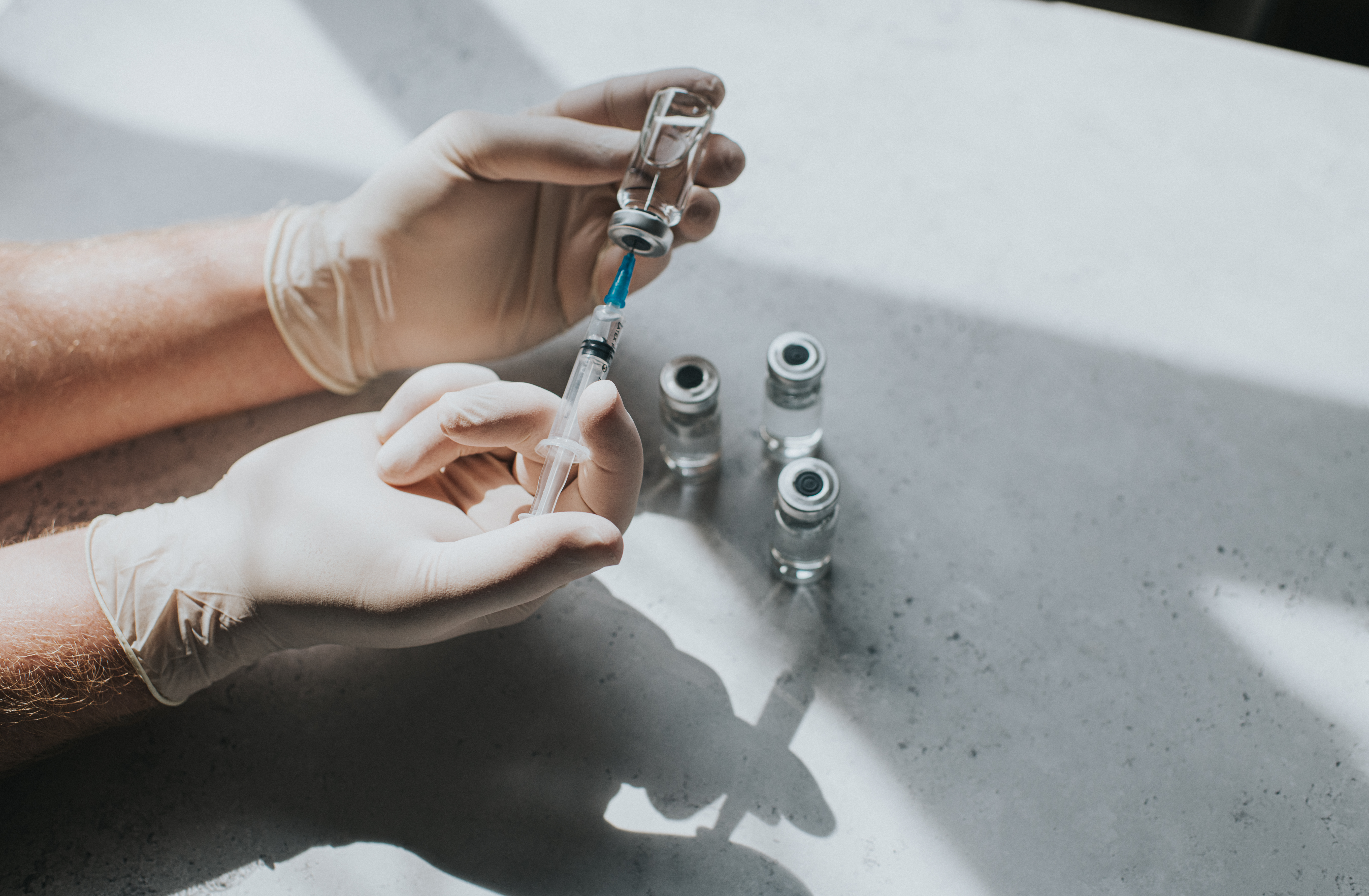One person's trash (or more accurately, what they flush down the toilet) could be more than another person's treasure — it could aid in the fight against COVID-19.
A group of scientists at Yale University are using wastewater from sewage plants and sewers to predict were new coronavirus outbreaks might pop-up, giving communities a chance to stop them before they start.
"Sludge was my idea. I had worked for the last 10-15 years in sewage," said Professor Jordan Peccia, who is part of the university's School of Engineering and Applied Science.
The team of scientists are knee-deep in "research" to analyze the sewer sludge, and look for concentrations of the coronavirus.
"Anything you put down the drain in your home. Anything that gets flushed down the toilet, that can be information," Peccia said.
That fairly gross yet very valuable information can detect an outbreak a full week before traditional testing.
"The major challenge with coronavirus is a large number of infections that occur in a community go undetected," said Dr. Albert Ko, of the Yale School of Public Health.
News
So how exactly do researchers find coronavirus in sludge?
"When waste water goes into a treatment plant, the first sort of process is the solid material is settled out. We sample that solid material," said Peccia. "They get that sample to us, it's brought to us by a courier, usually the same day it's sampled ... we extract the nucleic acid in that so we can amplify it out and detect the virus."
Peccia said they conduct the exact same test as what's used for the nasal swabs, with one obvious and foul difference: "Up front we are not cleaning up a nasal sample. We are cleaning up some pretty nasty, dirty, smelly sludge."
Waste water analysis is not a new concept, as scientists used it successfully in the fight against polio about 70 years ago.
"We thought if we could try and sample waste water, just like it had been done previously for polio, we might be able to detect the virus in waste water and that might be a useful epidemiological indicator," Peccia said.
The Yale program is being used down the road in Stamford, and what was found in a tank at a sewage treatment center just a few weeks ago raised a red flag — allowing the mayor to take immediate action.
"I said we are going to do a reverse 911 call," said Stamford Mayor David Martin. "We are going to call everyone in the city of Stamford and tell them we got an early warning sign, that we’ve got coronavirus out there and we can’t see it yet but it’s coming, watch out it’s out there!"
Martin said that were no significant spike in cases after the city was put on notice, saying that it could be "proof positive it worked, who will ever know." While he might not know if the innovative approach to COVID prevention spared his city, Martin said he is sticking with Yale's program.
"Those asymptomatic cases, we don’t have a way to see that and you pile it all together and ask me what I think of this? I think thank god I have an early warning system," the mayor said. "We don’t have good early warning signs, so while this is just another tool, it’s not just another tool — it’s in a special class of tools that can tell us before we see it otherwise."
The Yale team is analyzing sludge in six Connecticut cities as we see an uptick in coronavirus cases across the tri-state region. The evidence developed, tested and tracked in New Haven is being used by the state to help make decisions.
"The state Department of Health immediately jumped on this idea, this innovation, saying this is the type of thing we need to protect our cities from these outbreaks before we get these large surges," said Dr. Ko.



